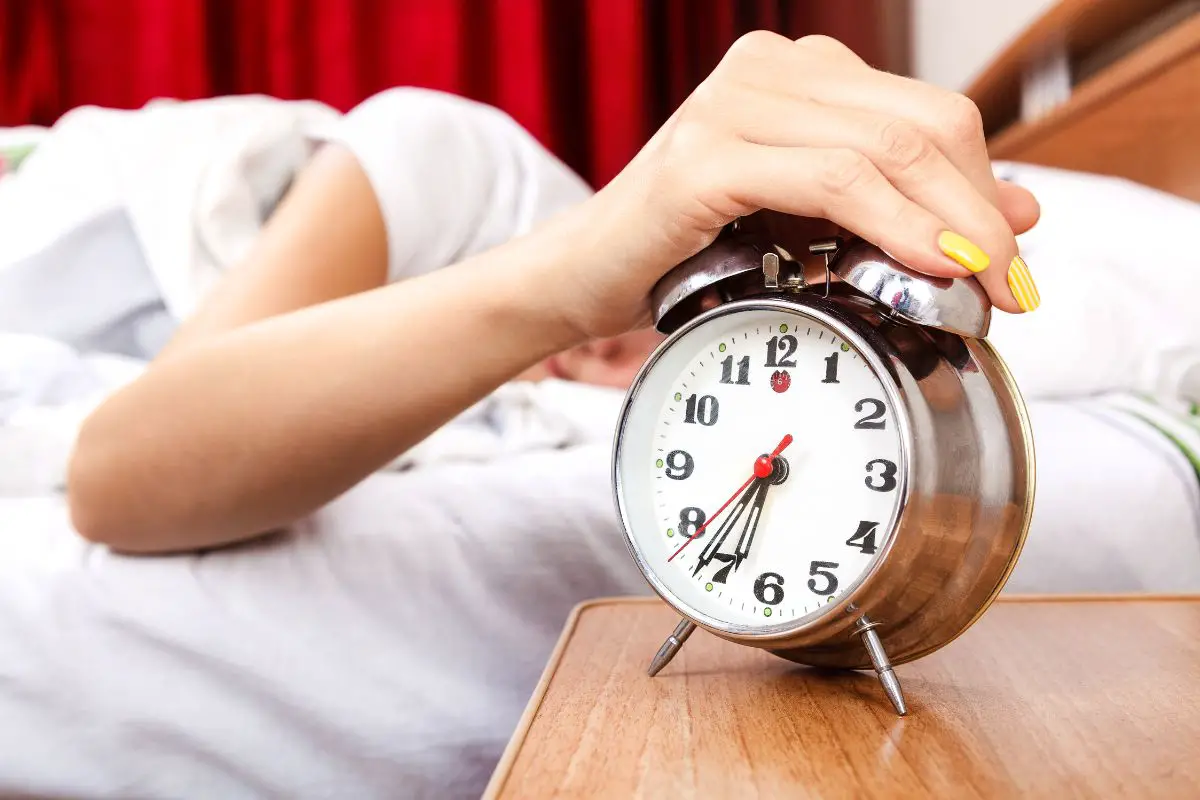Many people take coffee first thing in the morning to help them wake up. But how much coffee to wake up? For some people, one cup of coffee is enough to give them a quick caffeine fix. Others need several cups of coffee to feel energized. Read on to find out how much coffee you need to take to help you wake up and feel energized.

How Does Coffee Wake You Up?
Before discussing the amount of coffee you need to take to wake up, it will help to discuss how coffee works. Coffee contains several compounds. Caffeine is its most active ingredient. When you drink coffee, its caffeine content is absorbed very quickly. Once absorbed, it is distributed throughout the body.
When caffeine reaches the brain, it starts to elicit most of its effects that help you wake up and stay alert. It does so by blocking adenosine receptors in the brain. Adenosine receptors are responsible for promoting sleep. They regulate the sleep/wake cycle.
Adenosine works by binding adenosine receptors to activate them. As a result, neural activity slows down, and the feeling of sleepiness increases.
On the other hand, caffeine binds to adenosine receptors to deactivate them. When deactivated, you will experience increased neural activity and reduced sleepiness. Thus, you can stay awake and alert after ingesting caffeine.
How Much Coffee to Wake Up?

Most individuals require about 1 to 2 cups of coffee to wake up, which is equivalent to about 100 to 200 milligrams of caffeine respectively. The amount required varies depending on body weight and the sensitivity of the individual to caffeine.
For most people, it takes about 15 to 30 minutes to feel the effects of caffeine after consuming coffee. But how long do the effects of caffeine last? The time it will take to continue feeling awake and alert as a result of drinking coffee is measured using a term known as half-life.
The half-life of caffeine, in this case, means the time it takes for caffeine content in the body to reduce by half. According to the FDA, caffeine has a half-life of between four to six hours.
How Late Should You Drink Coffee?
Now that coffee helps you wake up, it means it can interfere with your sleep if you take it too late in the day or before bed. Most experts do not recommend drinking coffee after 3 pm. Also, many research studies show that caffeine disrupts sleep. Considering its half-life of 4 to 6 hours, you should not drink coffee sooner than six hours before your bedtime.
Risks of Excessive Caffeine
The way the body breaks down caffeine differs from one individual to the other. Different people respond differently to caffeine. These differences are partly a result of genetic differences. For some individuals, drinking coffee frequently leads to caffeine tolerance. Such individuals often have to drink more coffee to feel awake than individuals who only drink coffee occasionally.
Frequent coffee drinkers are likely to increase their caffeine intake over time. Unfortunately, excessive caffeine can cause several health concerns including seizures, increased blood pressure, and an unstable or rapid heartbeat. Also, caffeine causes short-term side effects such as insomnia, anxiousness, jitters, headache nausea, feeling unhappy and increased stress, and increased heart rate.
When drinking coffee, you want it to help you wake up rather than suffer from its potential side effects. You can avoid its negative side effects by limiting yourself to the maximum recommended daily intake.
Experts recommend healthy adults to drink a maximum of 400 mg of caffeine daily, which is equivalent to four cups of coffee. Pregnant women should not consume more than 200 mg of caffeine daily, which is about two cups of coffee.